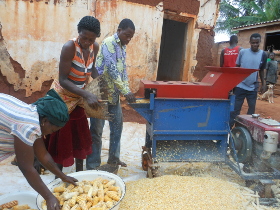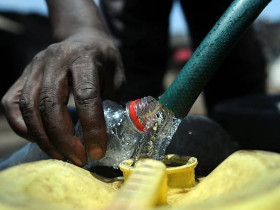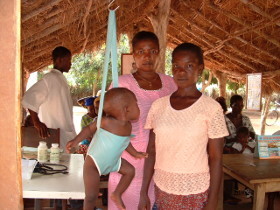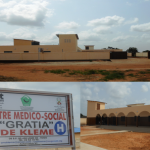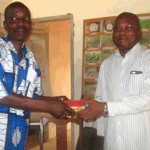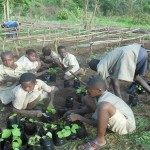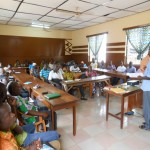CREDI, in a context of decentralization and local development, intervenes mainly in the following sectors:
Sustainable family farming
CREDI works to increase productions and incomes in order to ensure food security and obtain decent incomes allowing the improvement of the living conditions of the populations through:
- The structurition and promotion of agricultural production, processing and marketing cooperatives
- Capacity-building of producers and agricultural cooperatives in sustainable farming and livestock production, processing and marketing.
- The rehabilitation of degraded land with legumes and organic fertilization,
- The promotion of agricultural sectors, in this case those of tomatoes and cassava.
Environmental and natural resource management
CREDI for the protection of the environment, intervenes in:
- Strengthening the capacity of local actors for the sustainable management of natural resources,
- The reforestation of plots for the restoration of vegetation cover,
- Recycling of household refuse for safety, protection of the environment and promotion of public health.
Community Health
CREDI with the aim of improving the geographical and financial accessibility to basic health care, promoting health education and improving the living environment, intervenes in:
- Preventive, promotional and curative health education,
- The promotion of mutual healt
- The supply of basic health care,
- The setting up and management of socio-community infrastructures (health centers, water points, latrines, etc.)
CREDI also supports local authorities in their economic and social development.

